Zombie Q&A—Jonathan Maberry: “Zombie Stories Are Not About Zombies”
“All the way home I was continuing that story in my head, figuring out how I might survive an event like the dead rising.”
The thriller author on the enduring appeal of zombies, what drew him to write stories with them, and why a zombie outbreak seems so damned plausible.
Named one of Today’s Top Ten Horror Writers, bestselling author Jonathan Maberry is also an anthology editor, comic book writer, magazine feature writer, playwright, content creator and writing teacher/lecturer. His fiction has been lauded by the likes of Booklist, the American Library Association, the Bram Stoker Awards, and more. Jonathan was an expert on the History Channel documentary, ZOMBIES: A Living History, and he participated in the commentary tracks for NIGHT OF THE LIVING DEAD: REANIMATED. He was a regular expert on True Monsters, a documentary series on H2.
MORE JONATHAN MABERRY LINKS
Complete Joe Ledger Series by Jonathan Maberry
JONATHAN MABERRY ON THE APPEAL OF ZOMBIE FICTION
Except in very rare cases, zombie stories are not about zombies. Warm Bodies is, yes, but it’s a zombie becoming human. And Scott Browne’s excellent Breathers: A Zombie’s Lament, but it’s deliberately a satire. But in the scary zombie stories, the zombies do not have a personality—unlike vampire stories, where the vampire has become the story (so much so that it’s no longer about the humans in the story—Bella’s family dynamic is far less interesting than Edward’s). As a result vampire fiction has stopped being scary, because the more you go into the monster, the less scary the monster is. It’s kind of like in monster movies—by the time you see the monster, it’s shifted from horror to thriller. Jaws is a horror movie up until you see the shark, then it’s a thriller. With zombies, we have a totally different thing: You never get inside the zombie’s head, except in very rare cases. The zombie is established as a massive, immediate shared threat. Every character is propelled into that, and as a result every character’s personal life is shattered, their personal affect is torn away, and they have to deal with this threat. Which means that the focus of our story is about people dealing with a problem . . . and that’s drama right there. We don’t tell stories about people having a good day; we tell stories about people having a terrible day, a day that will challenge them so they can rise above it. Even if you have a love story, it’s all about boy meets girl, boy gets girl, boy loses girl crisis. It’s all about crisis, calamity, catastrophe, conundrum . . . a lot of “c” words.
So the zombie stories allow us to tell stories of people in real crisis, and it’s one of the reasons it’s so easy to use zombie stories as metaphors for anything else—I can’t imagine any fear not being able to be told as a zombie story. It’s also why the genre will never die. We’re not rehashing George Romero; George Romero told his story. Max Brooks told his story. Joe McKinney told his story. I tell my stories . . . and they’re all different.
SOURCE: Nightmare Magazine March 2013
JONATHAN MABERRY ON THE ENDURING POPULARITY OF ZOMBIE FICTION
What we’ve seen recently is the ‘zombie’ moving from the position of ‘just another monster’ and into the role of an enduring trope every bit as valid, varied, and interesting as ghosts, vampires, and werewolves. We’ve validated the zombie now, and, to one degree or another, zoms are on everybody’s radar. Like those other monsters, zombie fiction henceforth will wax and wane with reader interest, but like vampires the zombie will come back to life each time a really good book hits the market.
SOURCE: Daily Dragon Online
JONATHAN MABERRY ON WHY A ZOMBIE OUTBREAK SEEMS SO PLAUSIBLE
We are particularly vulnerable to a new virus or bacterium. That vulnerability has been born out of a rampant and widespread misuse of antibiotics. Doctors prescribe these drugs for viruses because the public believes antibiotics actually work for those kinds of diseases. Doctors prescribe them to satisfy their patients rather than educate them, or rather than admit that there isn’t much they can do for a flu or common cold. The result is that people have had so much exposure to antibiotics and have used them so incorrectly, that viruses have developed resistance to many of then. New strains of old diseases are presenting, and for many of these there are no treatment options currently available. Add to that the widespread use of antibiotics in chicken, pork, and beef farming. Ask anyone in the World Health Organization, the National Institutes for Health, or the Centers for Disease Control, and they’ll tell you how great a danger this poses. I know – I’ve asked them all. They have been posting warnings for years, which are unfortunately largely ignored. They all say that it is inevitable that a treatment-resistant flu strain will hit us at some point. That is scary. Zombies are how we talk about the fear of this. It’s why the CDC used zombies as a theme in their public health cautions. People completely ignored the standard viral warning e-mails; but when the zombie one went out, the response was so massive it crashed the CDC servers.
JONATHAN MABERRY ON HOW HE DEFINES “ZOMBIE” FICTION
Zombie fiction, from modern standards, is really "ghoul" fiction. The zombies we discuss are seldom, if ever, the true zombies from Haitian culture and Vodoun (Voodoo). In that religion, zombies are humans who have been given a special potion that puts them in a highly suggestive mental state while at the same time reducing their metabolism so that they appear to be dead. Dr. Wade Davis, the noted ethnobotanist, cracked the formula for this zombie potion and found that the key ingredient was tetrodotoxin, a neurotoxin found in puffer fish. Those zombies act as slaves for a bokor, a priest (houngan) for hire who practices dark magic; and those zombies don't eat flesh.
The zombies we write about were first created by George A. Romero in Night of the Living Dead, and were mostly referred to as "ghouls" or "those things." The label "zombie" was attached only after the European release of the Romero films. Romero labeled them the "living dead," and they are corpses who have returned to a semblance of life and who are relentlessly compelled to attack living people and eat their flesh.
SOURCE: Strange Horizons
JONATHAN MABERRY ON HIS “MUST-HAVES” IN CASE OF ZOMBIE APOCALYPSE
I'd grab my wife first. Then I'd get a firest-aid kit, a tool kit, my katana, and a big box of matches. If I could, I'd bring a couple of dogs—big, smart dogs. I’d make sure we had books on emergency medicine, basic survival, wilderness living, cooking, and a joke book. Hey, it's the end of the world...might as well laugh.
SOURCE: More2Read
JONATHAN MABERRY ON WHAT INITIALLY DREW HIM TO HORROR FICTION—AND ZOMBIES
I came to horror by several converging routes. As a kid I was partly raised by my grandmother, who was very knowledgeable about what she called ‘the larger world’. She taught me about the myths, legends and (to her) beliefs in supernatural creatures of all kinds. By the time I was old enough to watch my first Hammer Horror flick I already knew about Redcaps, church Grimms, the Russian Liho, the White Ladies of Fau, the loup garou and other critters.
However when I was thirteen my middle school librarian –who was also the secretary for several clubs of professional writers—introduced me to a number of notable genre authors. Two of them –Ray Bradbury and Richard Matheson—taught me a lot about the worlds of horror and fantasy. And for Christmas one year, Bradbury gave me a signed copy of SOMETHING WICKED THIS WAY COMES and Matheson gave me a signed copy of the 1954 edition of I AM LEGEND.
As for zombies…when I was ten I snuck into the old Midway Theater in Philadelphia on October 2, 1968 to see the world premiere of NIGHT OF THE LIVING DEAD. I was terrified and enchanted at the same time.
SOURCE: Teen Librarian Toolbox
JONATHAN MABERRY ON WHY HE DECIDED TO WRITE HIS FIRST YA NOVEL, ROT & RUIN
I didn’t set out to write one. I was asked to contribute a novella to THE NEW DEAD, a zombie anthology being edited by Christopher Golden for St. Martin’s Griffin. Chris asked the writers to do something a little different –either different in terms of the genre or different in terms of our own writing. I wrote a story about a teenager (which I seldom do) and I set it fourteen years a zombie apocalypse wiped out most of humanity.
Once the story was finished and turned in, I showed it to my agent, Sara Crowe (of Harvey Klinger, Inc.) She said that it read like the opening to a teen novel. I was surprised, because at the time I had a very outdated view of what teen fiction was like. My agent gave me a list of current YA novels to read. Wow…that was an eye opener. I started with Scott Westerfeld’s THE UGLIES and then Suzanne Collins HUNGER GAMES. Now I devour YA literature. Not just because I’m writing it, but because some of the best fiction going into print right now is on the YA shelves. No doubt about it.
SOURCE: My Bookish Ways
JONATHAN MABERRY ON THE POPULARITY OF VAMPIRES AND ZOMBIES VS OTHER CREATURES
People will always love monsters, but zombies and vampires have a very special appeal to writers and readers. Zombies are a blank canvas; they represent a massive shared catastrophe which impacts the lives of every character in equal measures. The characters have their lives, their hopes and dreams, their protections and resources, all stripped away and must struggle for survival while at the same time trying to discover who they truly are. One introduced, the zombies become immediately less important that their effect on the lives of the human characters, and therefore the true focus on these stories is about people in crisis. That is an endlessly renewable creative canvas.
Vampires, on the other hand, represent a variety of other metaphorical problems: rape, abuse in all its forms, jealousy, fears of sickness, dreams of immortality, forbidden love, and so on. The vampire stories were once straight horror but now they’ve either become romances or they are a kind of super hero tale, much like the myths and legends of gods and demigods. Again, there are a lot of stories you can tell with that model.
SOURCE: Diabolical Plots
JONATHAN MABERRY ON WHAT INSPIRES HIM TO BE CREATIVE
As a kid, I often did story-telling about my toys. My other inspiration is partly being a reader. I read everything. I read all the time. Authors such as Richard Matheson, who wrote I Am Legend, would bring me shopping bags of books to read as a kid and would quiz me on them. I Am Legend influences the zombie genre because it focuses on a theme of post-apocalyptic fiction and the idea of infection. People lose their humanity in an apocalypse. The zombie genre looks at humans in crisis, for they are no longer the people that they used to be. It focuses on the people who have been “infected” by the apocalypse and “turned.” I really began to develop an interest in zombie fiction because when I saw George Romero’s Night of the Living Dead as a kid, I wasn’t necessarily afraid of the image of the zombie, but rather the ideas that they couldn’t be reasoned with, they couldn’t be bargained, and they couldn’t be stopped. They just kept coming. They reminded me of my fear of not being able to stop the cycle of abuse in my family. Zombie fiction allows us to talk about anything because it’s zombies. I enjoy writing because it always comes up with an answer to the “What ifs” in my life. I tend to play the “What if” game because you won’t know until you try.
SOURCE: The Shed Literary Journal of Adult Horror Fiction and Intrigue
JONATHAN MABERRY ON WHY HE’S SUCH A FAN OF ZOMBIE FICTION
When I was ten I snuck into a movie theater in my Philadelphia neighborhood to see the world premier or NIGHT OF THE LIVING DEAD. October 2, 1968. I was enthralled. All the way home I was continuing that story in my head, figuring out how I might survive an event like the dead rising. (Note: the name ‘zombie’ was added to the flesh-eating ghouls by European film distributors, and it’s irrevocably stuck). Since then I’ve written about them in some of my nonfiction books, and when I wrote my 4th novel, the weird science thriller, PATIENT ZERO, I wanted to have some fun exploring how a Special Ops team might fare against terrorists who had a zombie plague. Shortly after that I wrote my first-ever Young Adult novel, ROT & RUIN, which allowed me to explore the world as it might be fourteen years after the zombie apocalypse. So far there are seven novels in that series, a graphic novel, and a Webtoon about to launch in September. It’s also in development for film.
Then I went back and wrote DEAD OF NIGHT, which explained the zombie apocalypse from the very first bite and gave the science. I dedicated that book to George Romero, who later told me it was his favorite zombie novel, and said he wished he’d known enough about science to use an explanation like mine. Later, George and I collaborated on NIGHTS OF THE LIVING DEAD, an anthology, and for that he asked me to write a story officially connecting DEAD OF NIGHT and it’s sequel, FALL OF NIGHT to NIGHT OF THE LIVING DEAD. That was a huge honor.
I’ve also done some zombie comics. First was collaborating with Fred Van Lente, Seth Grahame-Smith, and David Wellington on MARVEL ZOMBIES RETURN; and more recently I wrote a prequel comic to what was intended to be George’s last flick, ROAD OF THE DEAD.
SOURCE: The Horror Zine
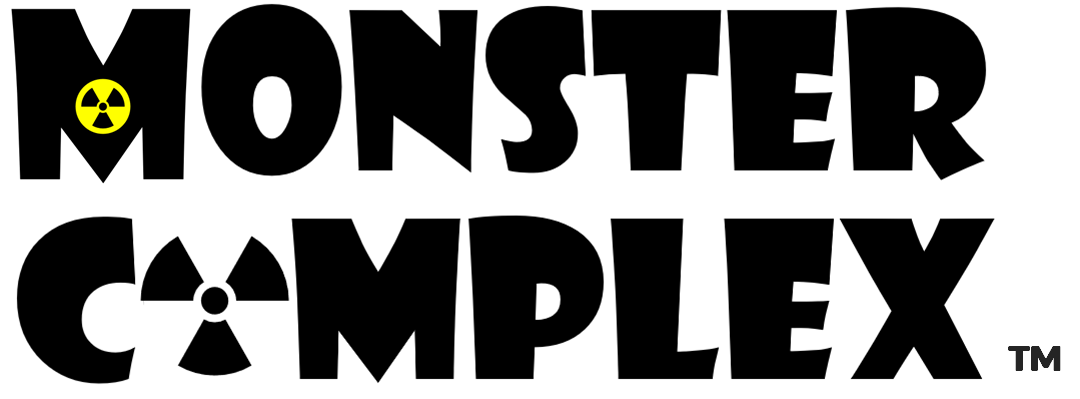






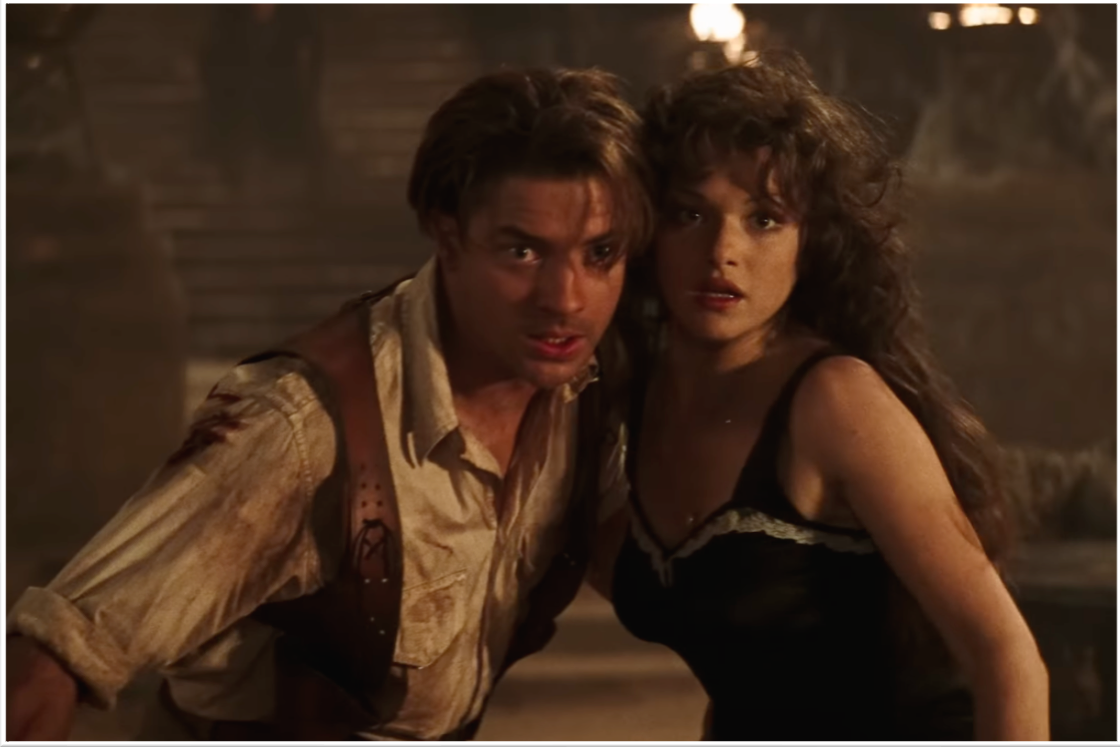
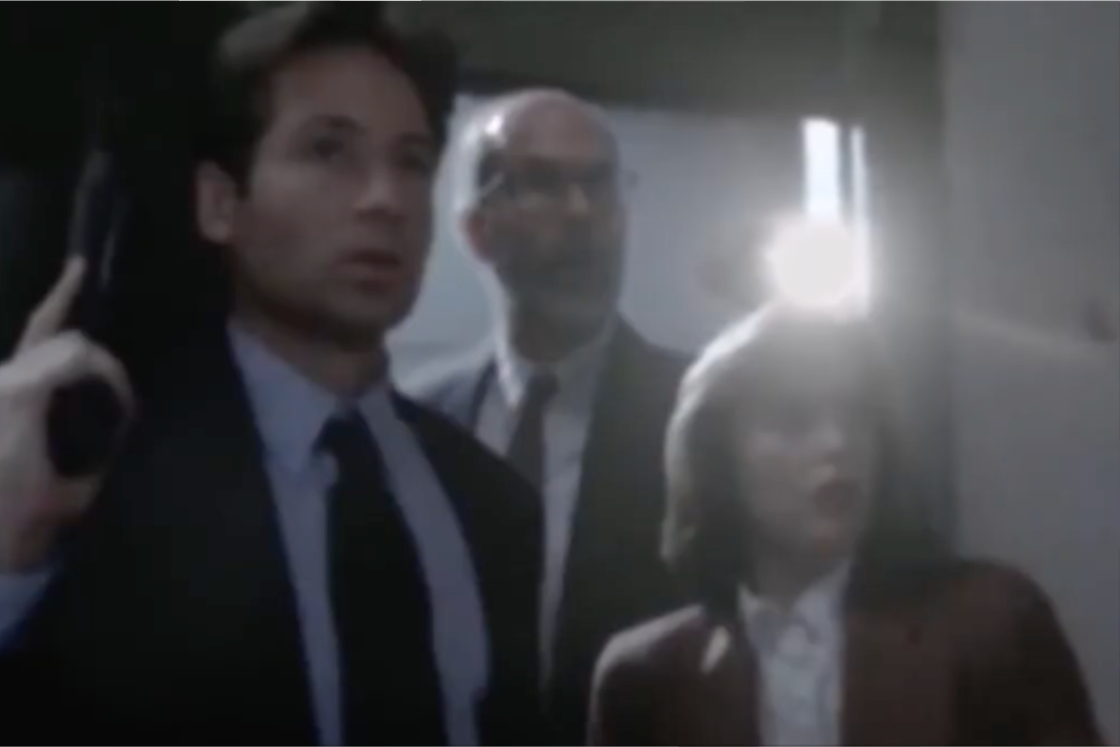

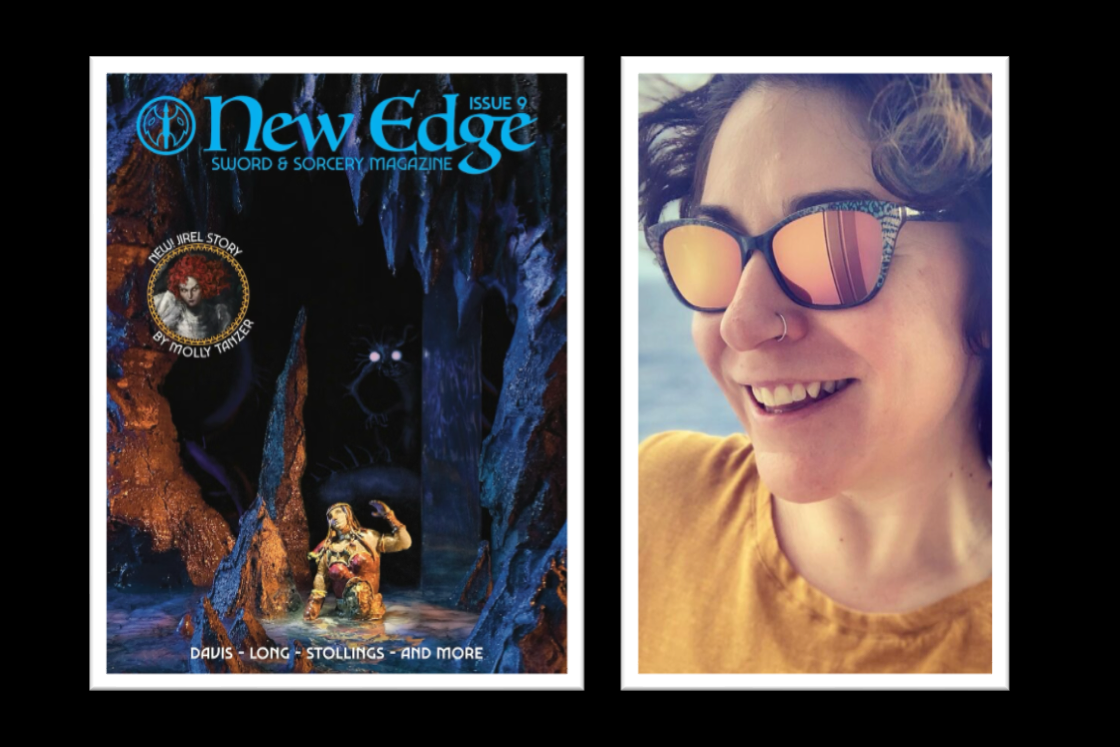
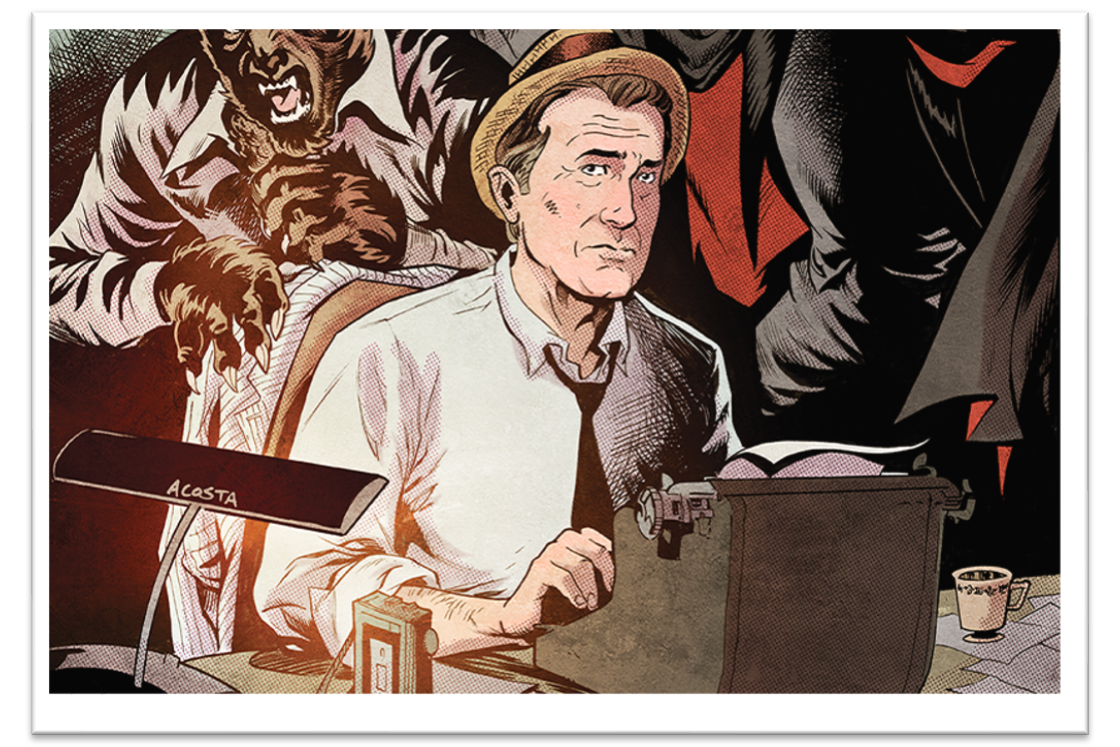
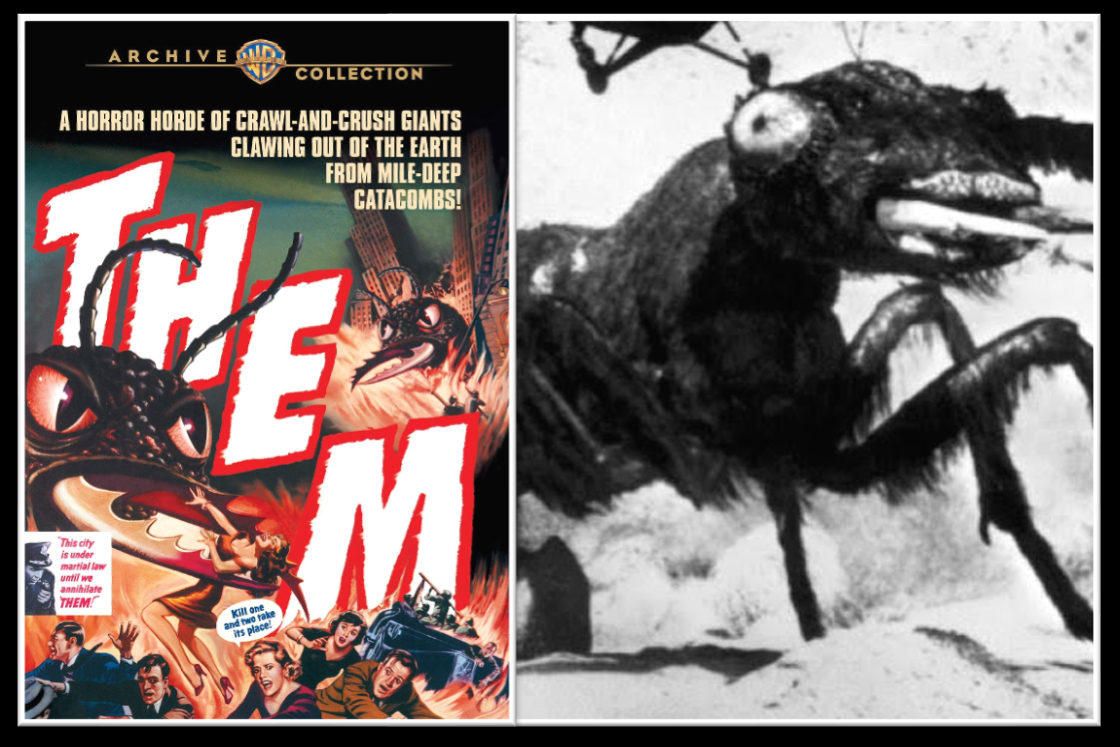
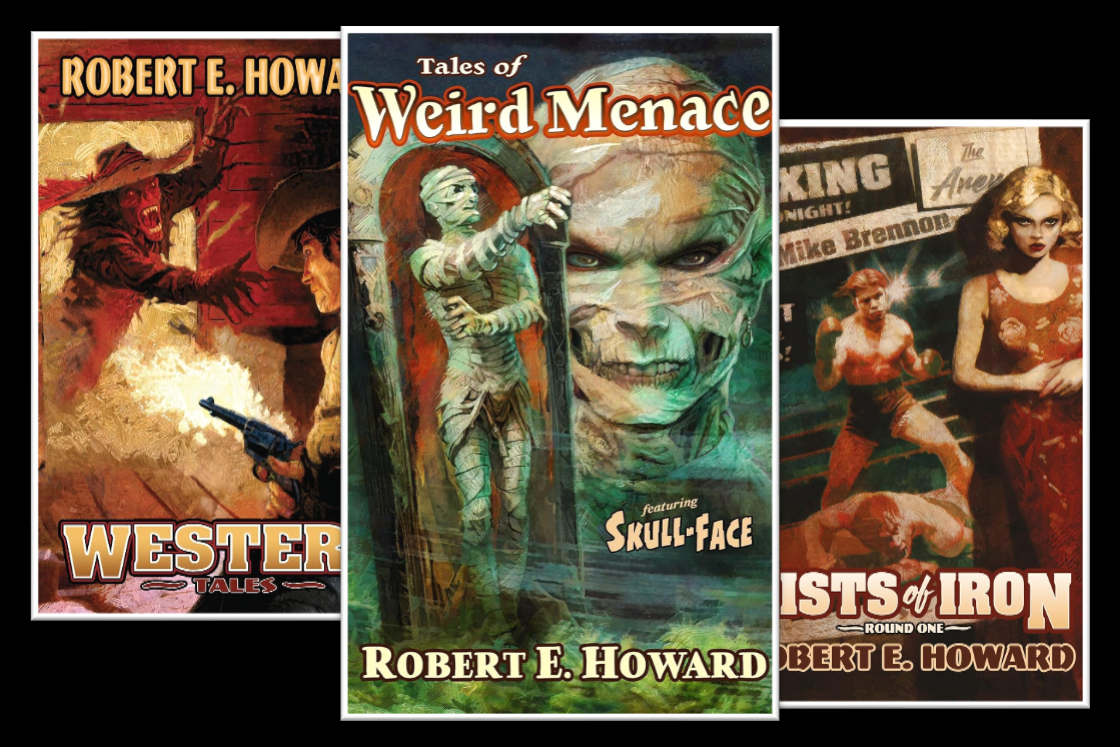
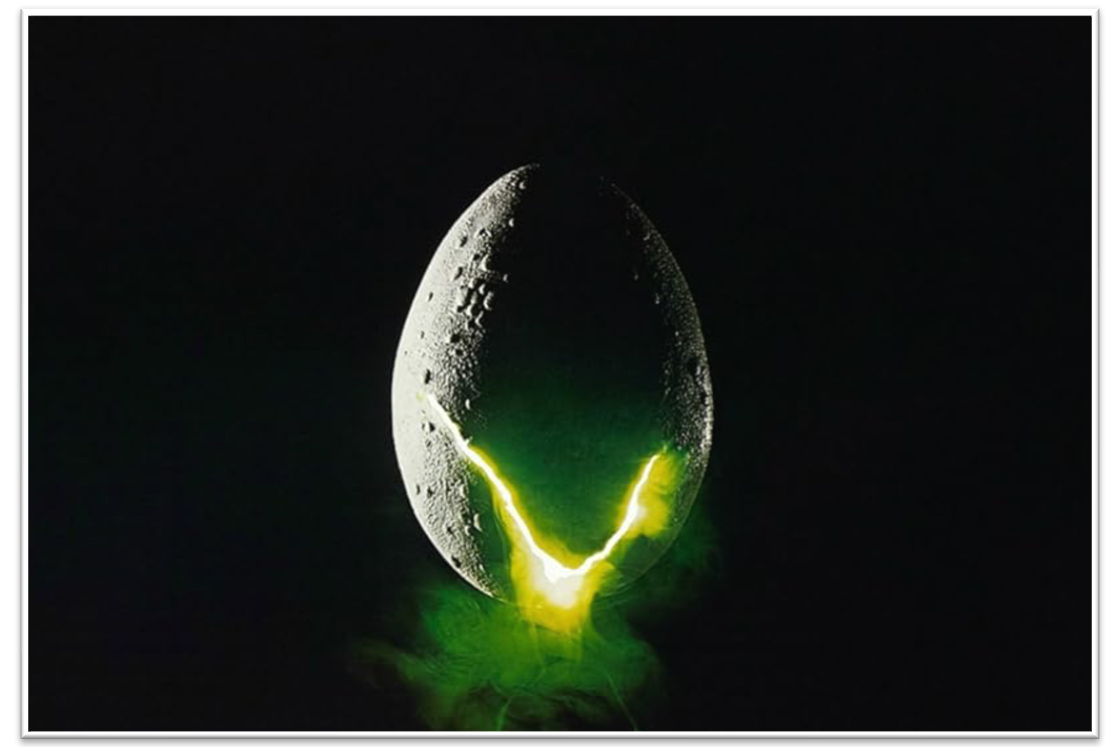
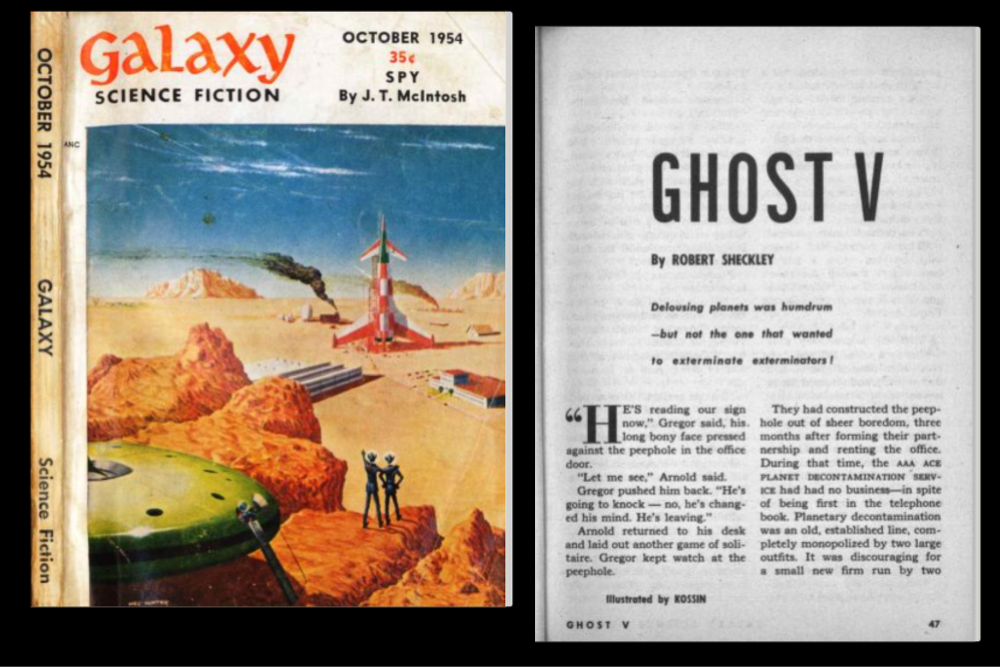
New documentary The Thing Expanded explores the history of the 1982 horror classic—with more than 30 interviews! In-depth analysis will feature memories, facts, and theories about the movie.